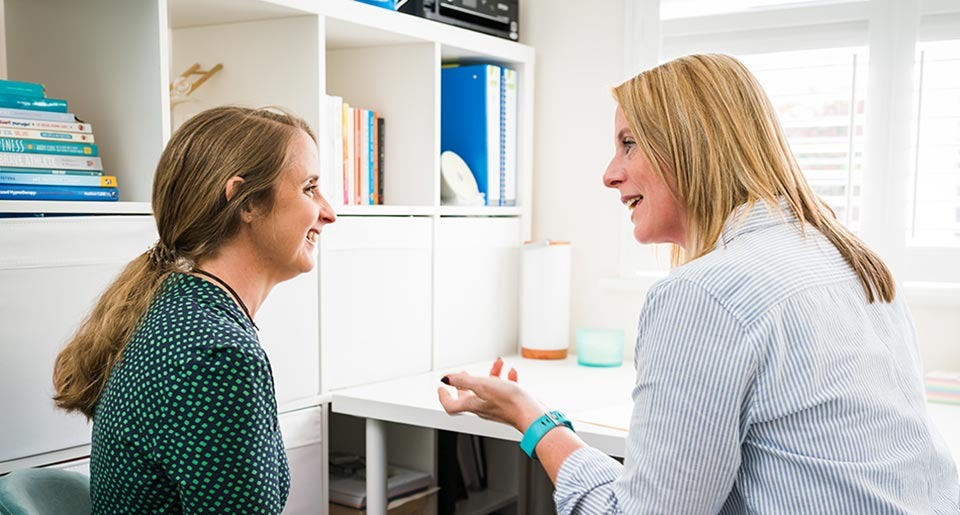How do I find the right therapist for me?
Complementary therapies have become very popular, and as a result there are a wide range of therapies and therapists available to choose from. So how do you know which is the right one to choose for you?
It is important to note that many therapies are so far unregulated by law, or are only subject to voluntary regulation, which can make it hard to identify those who are well trained and reliable from those who are less so. In choosing your therapist there are a number of things to consider…
Seek recommendations and reviews
You may seek personal recommendations - you may be surprised how many of your friends, family or colleagues have sought support themselves, or you might ask your GP or practice nurse, who may offer recommendations - sometimes surgeries are unable to offer recommendations as they are not qualified in complementary therapies and of course the success of a particular therapy can rely on finding the right therapist for you. Searching online for therapists can be helpful - as most therapists will have a website. Looking at the website and whether they offer solutions to your particular circumstance or difficulty is important, look for testimonials, recommendations and reviews and remember - a phone call or enquiry can usually be made.
Check qualifications and experience
When you speak to the therapist - be sure to ask questions about what their therapy can do to help you - explain what it is that you are seeking help or support with and mention any medication you are taking or health concerns you have. Ask the therapist about their qualifications, where (and how) they undertook their training, their insurance and their professional memberships, or look for evidence of this on their website. As mentioned earlier, complementary therapies are often subject to voluntary regulation, but larger therapies have dedicated professional associations or regulatory bodies. Being a member of one or more of these associations indicates that the therapist conforms to regulatory standards, including a code of ethics, complaints procedures and ensures that they are fully engaged in a program of continuous professional development (CPD - ensuring that they are keeping up to date with any changes and research where appropriate). Some therapists will also have an Enhanced DBS check - ensuring their suitability for working with children and vulnerable adults. Whilst these bodies are, at time of writing, voluntary, membership of one (or more) indicates that they financially invest in them and that they take their business seriously.
Consider location, home visits and remote sessions
Location - how far are you prepared to travel, do you drive or will you be relying on public transport - and if so what are the links like? If transport is an issue, are there ways around this? Does the therapist do home visits (these can be charged differently - so enquire about their rates) or does the therapist offer alternate ways to meet - Zoom, FaceTime or Skype for instance?
Meet the therapist and decide if you're a good team
In addition to the logistics of getting there - it is also important that the environment is right for you - you may be able to see pictures of the therapy room on a website or perhaps be able to see it before you make your commitment. Many therapists (including myself) offer a free consultation meeting, allowing you the opportunity to meet and explain in more detail what you want to gain from the therapy, it also ensures that you have a better understanding of the process, what may be expected of you outside of the therapy room for instance. Another advantage of this initial meeting is that you will have the opportunity to make sure you are comfortable with the person and the environment you have chosen. Developing a close working alliance with your therapist is key for successful outcomes and feeling comfortable and confident with your therapist helps when talking about health and emotional wellbeing.
Check whether the hypnotherapist can provide appointment times that suit you
Timings - what days and times does the therapist offer appointments - are you prepared to be flexible, or is there a specific time that you are available, in which case it is important to investigate this early on. Remember it can be helpful to take someone along to the initial meeting - this can be a helpful support for you (particularly if you are feeling anxious) - another person can help ask questions and help clarify anything you are unsure of. Ask your therapist if this is something they can accommodate.
Spending some time doing your research will pay off in the end - and you will find the right therapy and therapist to help you.



